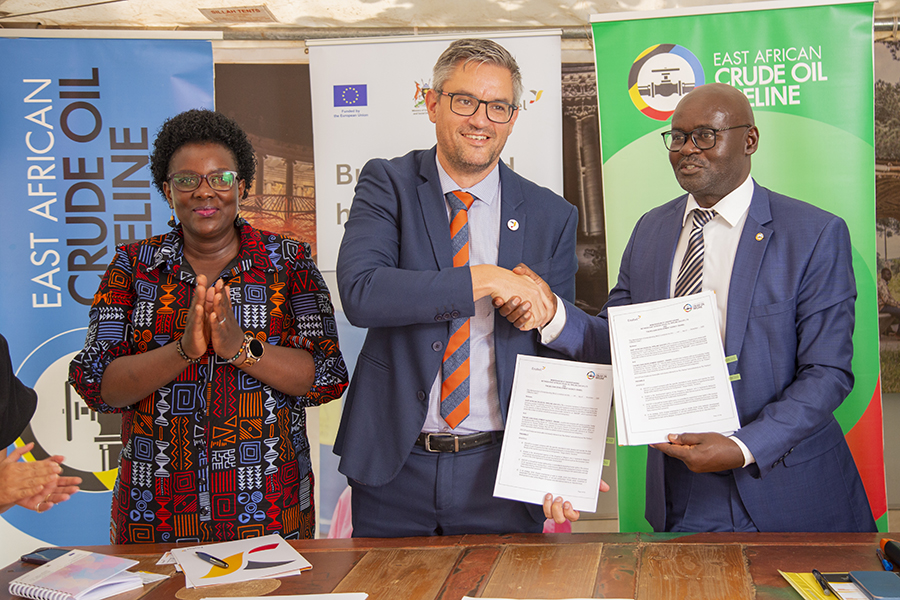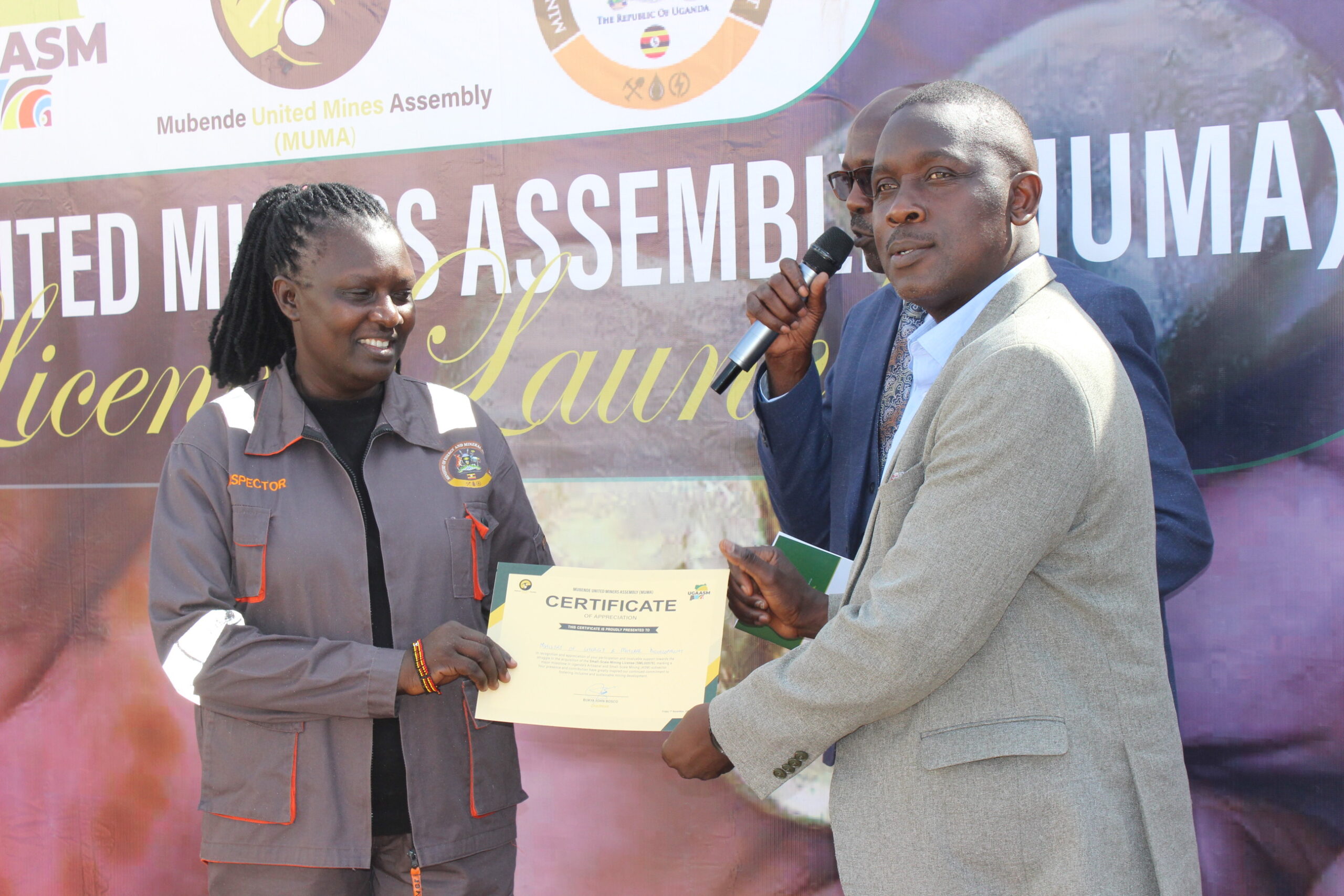The European Center for Constitutional and Human Rights (ECCHR) has filed a criminal complaint in France accusing TotalEnergies of complicity in war crimes, torture, and enforced disappearance in northern Mozambique.
The case, lodged with France’s National Anti-Terrorism Prosecutor (PNAT), alleges that the oil and gas giant directly financed and supported a special military unit known as the Joint Task Force.
This unit is accused of detaining, torturing, and killing civilians near TotalEnergies’ Mozambique LNG project site in 2021.
The complaint comes just as TotalEnergies has lifted the force majeure it declared in April 2021, opening the door for the possible restart of its liquefied natural gas project in Cabo Delgado.
This is happening despite continued conflict, deadly attacks, and a severe humanitarian crisis. The project can only resume in full once the Mozambican government approves a revised budget and agrees to cover an additional $ 4.5 billion.
The case focuses on what has been called the “container massacre”, first exposed by Politico in September 2024 and later investigated by Le Monde and SourceMaterial.
After insurgents from the armed group Al-Shabab attacked the town of Palma in March and April 2021, the Mozambican army began detaining people fleeing the violence.
Between July and September that year, soldiers attached to the Joint Task Force allegedly held dozens of civilians in metal containers placed at the entrance to TotalEnergies’ project site.
According to accounts referenced in the complaint, detainees were tortured, disappeared or killed. The last group of 26 civilians was released in September 2021.
The Joint Task Force had been created in 2020 under an agreement between TotalEnergies’ Mozambican subsidiary and the government. It was established to protect the company’s operations but has long been linked to abuses against civilians.
ECCHR says internal TotalEnergies documents show the company was aware of abuses committed by Mozambican forces before the massacre took place. The records, including reports from the company’s security contractor, describe violence against civilians as early as May 2020 near the LNG site.
These documents were obtained through freedom of information requests to public financiers of the multibillion-dollar project. New information from the Dutch government, which is included in the complaint, shows how TotalEnergies assessed the risks of using the Joint Task Force and the types of support it provided.
Despite knowing the risks, the company is accused of continuing to give the unit accommodation, food, equipment and bonuses for soldiers. The bonuses were supposed to be withdrawn if troops committed human rights violations.
“TotalEnergies knew that the Mozambican armed forces had been accused of systematic human rights violations, yet continued to support them with the sole objective of securing its own facility,” said Clara Gonzales of ECCHR. “Companies and their executives are not neutral actors in conflict zones. If they enable or fuel crimes, they might be complicit.”
Politico’s reporting prompted investigations by Mozambican authorities and by two major public lenders: UK Export Finance and the Dutch export credit agency Atradius. No European judicial investigation has yet been opened.
Environmental and human rights campaigners say financial backers must now distance themselves from the project.
“The seriousness of these allegations must be a red line for the banks and governments involved,” said Lorette Philippot of Friends of the Earth France. “TotalEnergies has lifted force majeure while the humanitarian and security crisis is still severe. Public backers should refuse further support and withdraw.”
Local activists say communities have suffered repeated violations with no accountability. “The perpetrators have faced no consequences,” said Daniel Ribeiro of Justiça Ambiental. “This case is an important step towards justice.”
This is not the first time TotalEnergies has faced legal action related to its work in Mozambique. In 2023, survivors of the Palma attack and relatives of those killed filed a separate complaint accusing the company of failing to protect subcontractors.
French prosecutors opened a preliminary investigation in March 2025 on charges of manslaughter and failure to assist people in danger.
The case mirrors other corporate crime proceedings. In France, the cement company Lafarge and several executives have been charged with complicity in crimes against humanity for allegedly paying ISIS in Syria.
In Sweden, two former executives of the oil company Lundin are on trial for complicity in war crimes committed in what is now South Sudan.
Beyond the human rights concerns, environmental groups warn that the Mozambique LNG project could emit up to 4.5 billion tonnes of CO₂ equivalent over its lifetime. They say this would make it one of the major carbon bombs threatening global climate goals.





